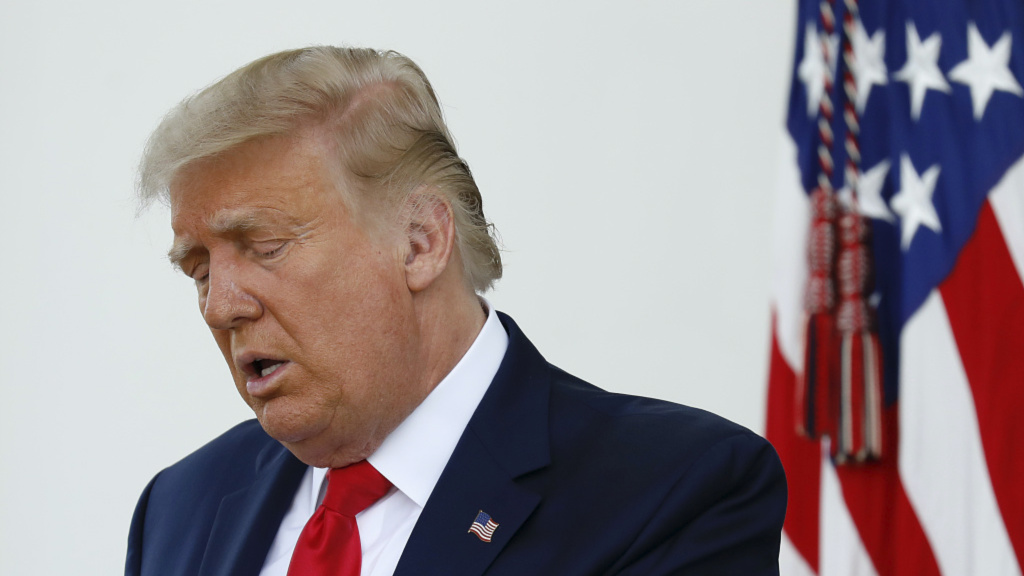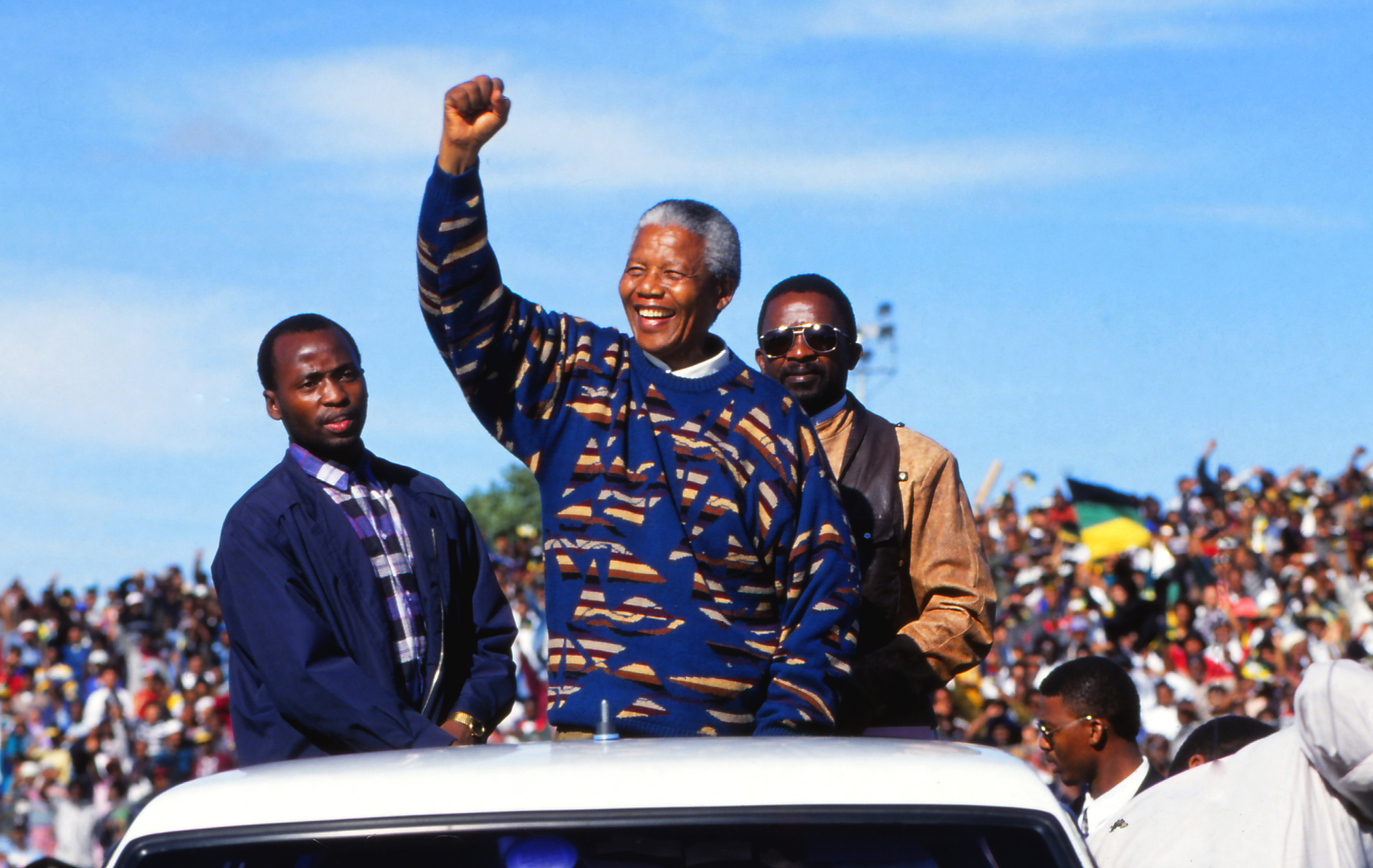
Editors Note: Stephen Ndegwa is a Nairobi-based communications consultant and international affairs columnist. The article reflects the author's opinions, and not necessarily views of CGTN.
That U.S. President Donald Trump does not have an iota of respect for black people is not debatable. Trump has not even shied away from going on record about it, unofficially of course, openly expressing his utter disgust for Africans, both in Africa and the diaspora.
In one of the upcoming fast and furious tell-all books, "Disloyal: A Memoir," by former personal lawyer and fixer Michael Cohen, the author states categorically that Trump has "a low opinion of all black people."
In his book, Cohen says Trump even hated his predecessor Barrack Obama, and talks about a never aired "Apprentice" parody produced in 2012 where "Trump ritualistically belittled the first Black president and then fired him."
But the crown has to be the recent angst by South Africans following revelations that Trump made snide remarks about their former president and the 1993 Nobel peace co-laureate Nelson Mandela. According to comments contained in a book by former Trump personal lawyer Michael Cohen published over the weekend, Trump said "Mandela f---ed the whole country up. Now it's a s---hole. F--- Mandela. He was no leader," shortly after he passed on in 2013.
Well, coming from Trump, this should not be shocking. The only logical reason he would make such a disparaging remark against popular opinion on the global icon's selfless leadership has to be racism. Of course, he could also have been trying to downplay the fact that Mandela broke the chains of apartheid and white rule in South Africa.
Like anyone else, Mandela was no angel. But the symbolism of his incarceration in the struggle against White domination and racial segregation is not debatable. While many other African leaders had given up the fight or had been silenced, Mandela kept his eyes on the prize – rule of the majority by the African National Congress.

Nelson Mandela (C) campaigns during South Africa's first democratic election, in Cape Town, South Africa, 1995. /Getty Images
Nelson Mandela (C) campaigns during South Africa's first democratic election, in Cape Town, South Africa, 1995. /Getty Images
Therefore, such an insult was actually an outrage against the entire black nation, to who Mandela remains a great inspiration towards full emancipation, and the achievement of self-determination of the African peoples.
Although the White House has tried to defend the president by saying Cohen's conviction on fraud and tax evasion related charges means he cannot be relied on to talk the truth, the accusations can be corroborated by previous incidents. In January 2018, for instance, revelations appeared in The Washington Post that Trump had derided immigrants from Africa, referring to the latter as "s--thole" countries.
In a meeting at the White House that discussed immigration from Africa, Trump reportedly asked why America would want immigrants from "all these s--thole countries," saying the U.S. should prefer immigrants from countries like Norway. Definitely, this observation was laced with racial undertones.
Immediately after the revelations, Reuters reported that Nigerian Foreign Minister Geoffrey Onyeama "sought clarification on the veracity or otherwise of the substance of the remarks, stressing that if they were true, they were deeply hurtful, offensive and unacceptable." As if to rub it in, the U.S. president declined an opportunity to apologize for the racist remarks while hosting Nigerian President Muhammadu Buhari in Washington in April the same year.
It is, therefore, no wonder that Africa is at the bottom of Trump administration’s priorities in foreign relations. Most of the times when Trump has shown some concern about Africa are when he is trying to drive a wedge between the continent and China, or upstage the latter in a bid to salvage America's waning clout in the continent.
Moreover, Trump's casual attitude of the killing of several black persons by the police and perennial protests by the Black Lives Matter movement shows that he does not care. He has not called for dialogue, or explained the cause of his silence on the crisis.
However, there is no love lost between Trump and African American voters. Data from the Roper Center, Cornell University shows that in the 2016 elections, 89 per cent of African Americans voted for Democratic Party candidate Hillary Clinton, while only eight per cent cast their votes for Trump.
In February, the New York Times reported Trump had "professed bafflement that his numbers with black voters are not higher, telling allies he assumed he would fare better because the economy is doing well and unemployment among African-Americans has dropped."
But the answer is simply that Trump's long and insolent racial tendencies have been an open secret, going back to his apparent racial segregation in his business dealings. As Jonathan Chait wrote on the February 5, 2020 edition of the online magazine Intelligencer "How can a man build an entire career painting black people as dangerous, ungrateful subversives, yet expect their support?"
(If you want to contribute and have specific expertise, please contact us at opinions@cgtn.com)